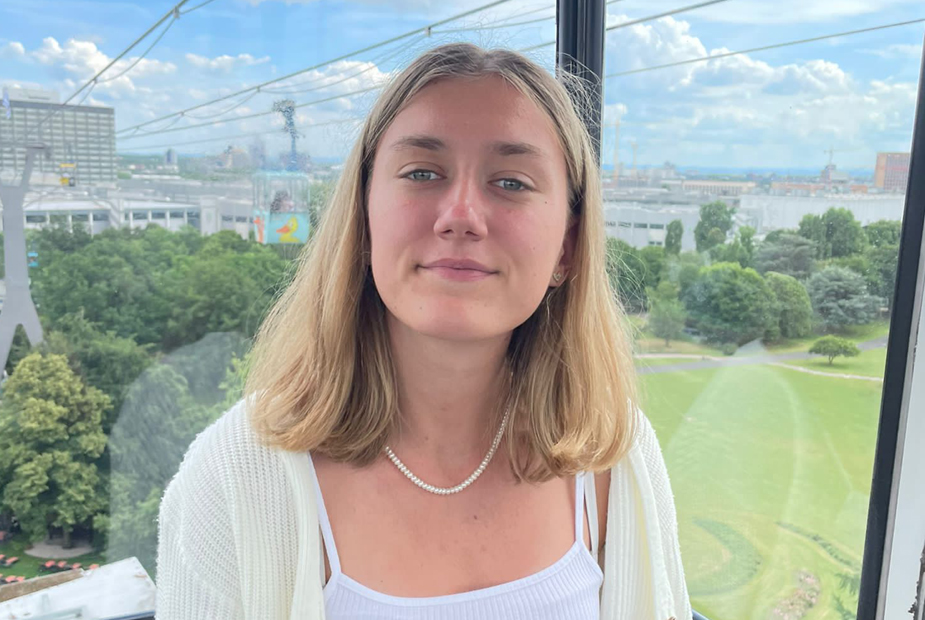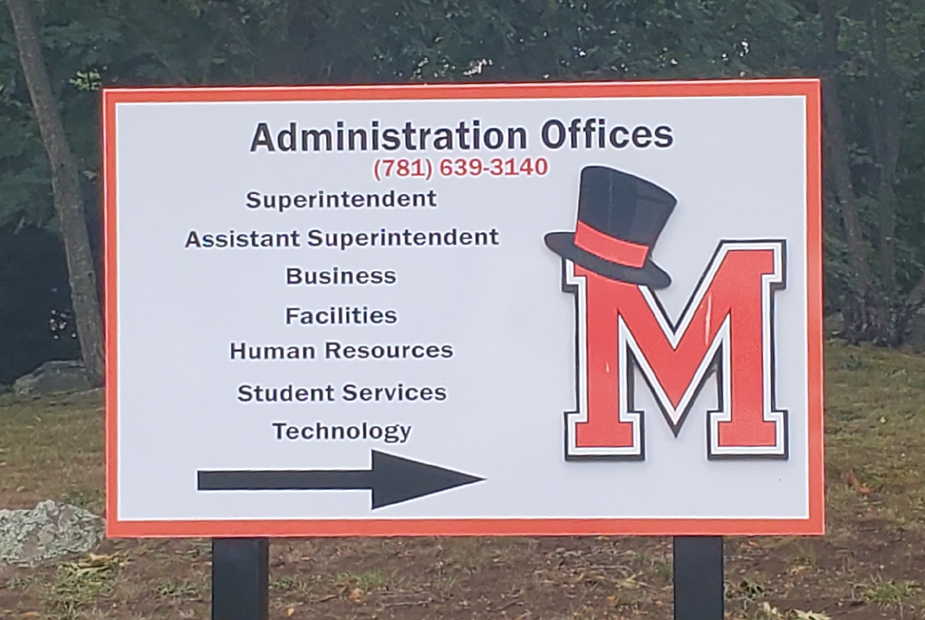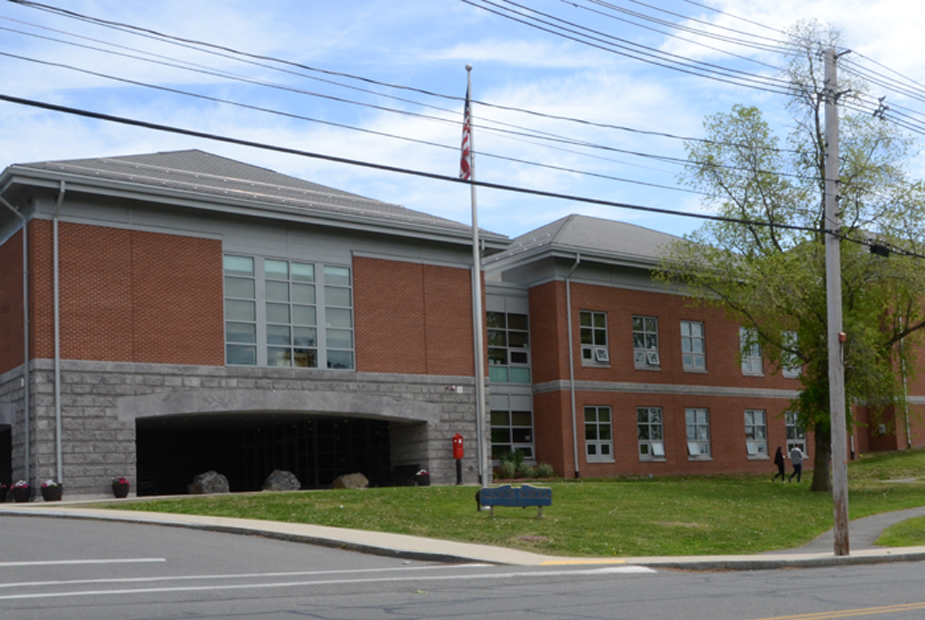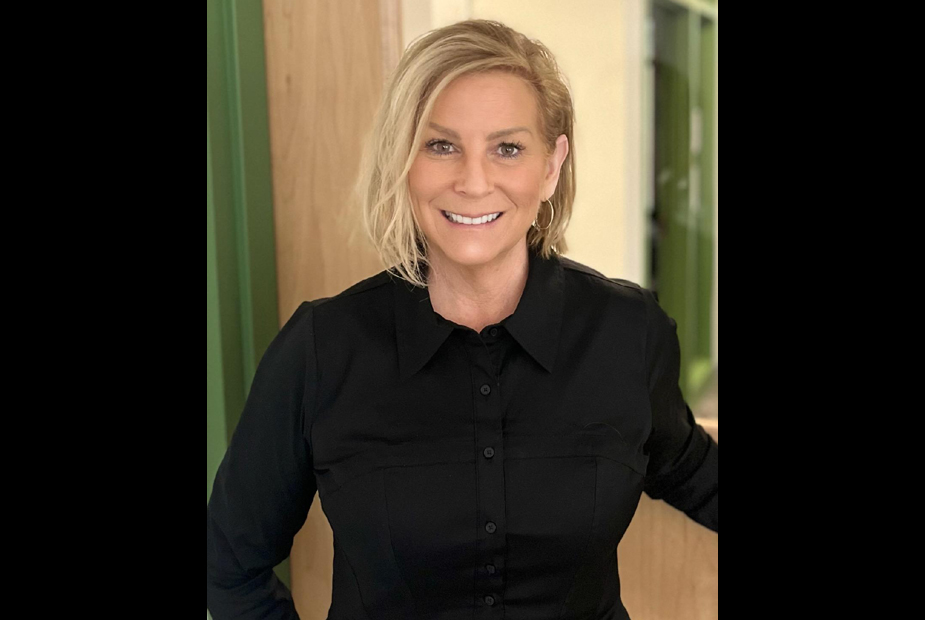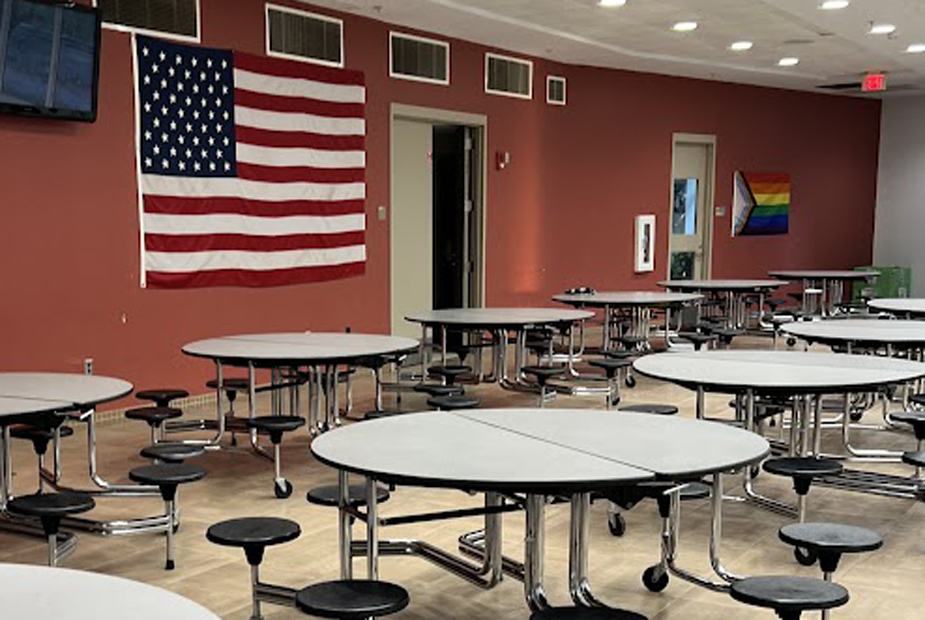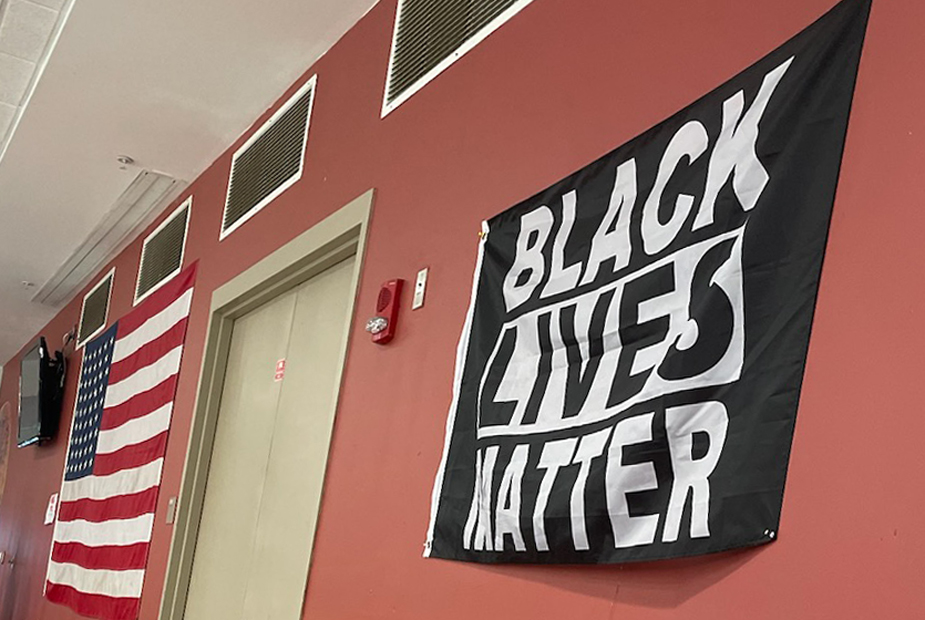Honorable Mention - Marblehead Beacon Writing Competition
Generation Z
By Pauline Geissler, Marblehead High School Junior, Exchange Student
Generation Z: that’s what we are called. High schoolers are the kind of people who have no problems and nothing to worry about. That’s what adults see in us. But that isn’t really the truth. All the grown ups looking at us and only seeing in us children who are always on their phones, who sleep during school and are often not paying attention.
Our world is a lot on our phones. But that’s the way it is. Grown ups don’t understand that instagram and TikTok are where we spend our time and that a lot of teenagers are looking up to their idols on these platforms. But our phones often only show fake bodies which are without any pimples, thin and always tanned. They show us the perfect girls, and we want to become like this, which is an unreachable goal. Grown ups are not in this online world, so they don’t know what we see every day and what we want to become. They don’t realize that it is harder to love yourself than it was back then. We, high schoolers, know that it is really difficult to see the beauty in us and to notice that we, the individuals, are perfect how we are. We are a lot on our phones because that is where our generation is meeting and chatting. That’s what grown ups don’t get. They often don’t think about the fact that we need them to show us that we are beautiful the way we are. We are only sixteen or seventeen, we need our parents to guide us a little and help us organize our life. Because we are only children, I think that grown ups often forget that.
Another thing that we understand better than other generations is mental health. Grown ups often don’t notice us suffering. The government is wondering why the suicide number are going up and up, but there is so much pressure on us teens. Everybody is expecting something from us. In sports, coaches want the best from us. They want players who give one hundred percent every training. If you are one day not attending training, you are out. A lot of pressure, but we need to get along with it. We are training every day to get better and better, to stay on the team. That requires a lot of energy that we are burning and often training is very late, so we have to go to bed directly after training to be able to pay attention at school the next day. In school all the teachers want to have assignments handed in on time. There are no excuses for handing it in late or even forgetting it. When there is training and we don’t have time before we need to do it after training, we are often awake till 2 or 3 am to be prepared for the next day. But teachers don’t care about the fact that it is human to forget something, especially when your day is full of subjects and sports and they also don’t care about the fact that we are being awake till the morning only for them. Some students can’t rest at all, and when we then fall asleep during class, we get detention. So you see that there is a lot we have to do and nobody who understands anything about it. Also, our parents wish for straight A students. They don’t want to see failure, and when we fail a test, they just tell us to focus more on school and the important things. They want us to be doctors, teachers or lawyers. When we tell them we want to become dancers and singers or artists they say that that is an unsafe job and we have to do something “real”. They never ask us how we are doing, what we want to be or if we need support from them. They only notice us when something bad happens. They notice us when we fail, when we are really bad with a mental health disorder, it is often too late to do something about it.
High schoolers understand what it means to suffer from mental illnesses because they are the generation to suffer the most. We understand what it means to be awake till the morning for an assignment. And we are learning from that. We are able to notice when our friends need help, when they suffer and I think the older generation should pay more attention to this topic! None of them are interested in what is going on in our heads. I think that they don’t even know that one in five teens suffers from at least one mental health disorder. We, high schoolers, understand that better than grown ups. We suffer from other things they did and that’s maybe normal. But I think it would mean a lot for many of us for them to listen to us and not ignore us and put more pressure on us.
Pauline Geissler is sixteen years old and currently a junior at MHS. She is originally from Germany but is in the United States this year as part of an exchange program. She really likes it so far. She participated in the contest because she likes to write and thinks it’s a great opportunity for students to practice their writing skills.

